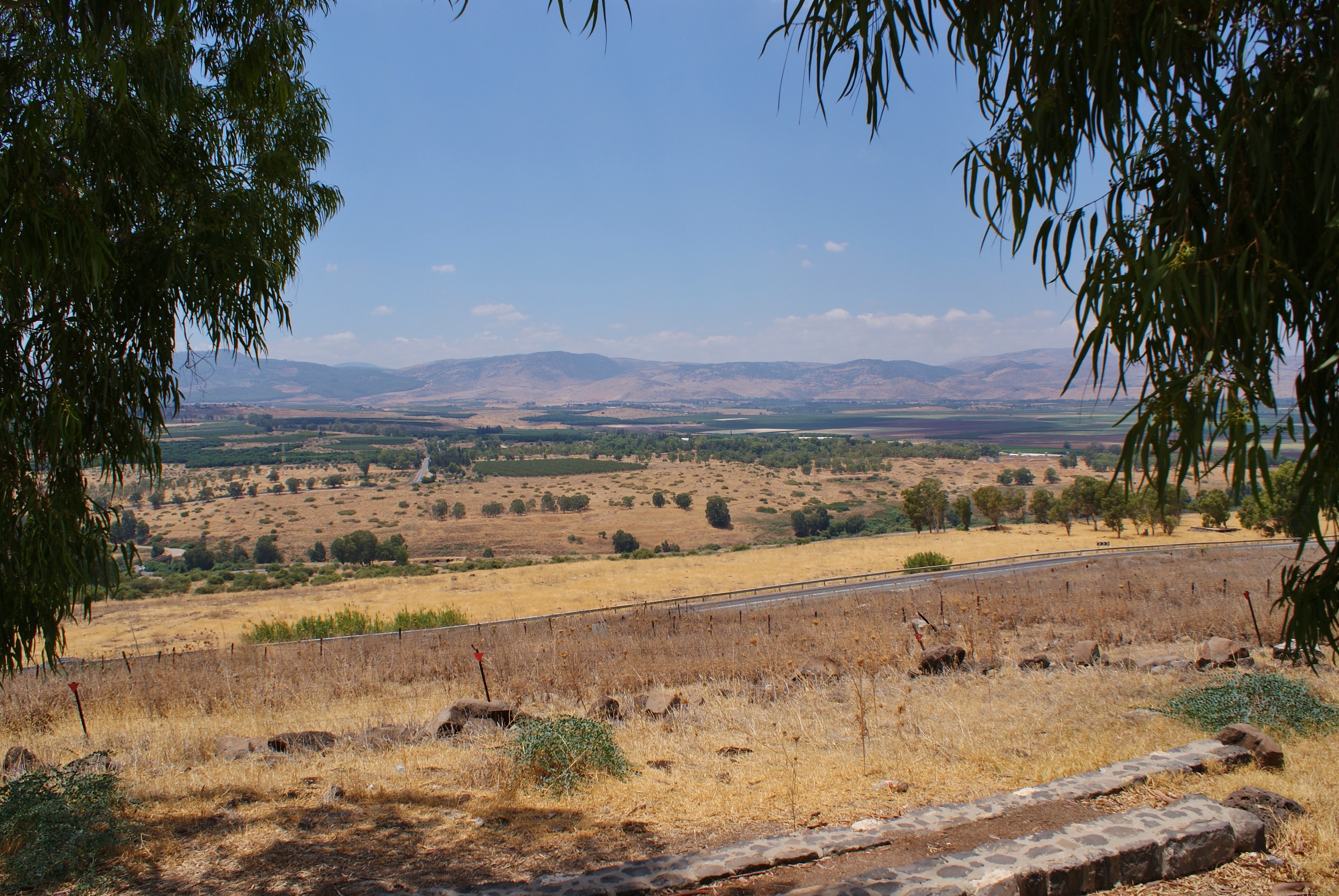One can get a good glimpse of the kind of received ideas about Israel prevalent in BBC corridors from presenter Eddie Mair’s introduction to an item (available from 40:37 here) which was broadcast on BBC Radio 4’s ‘PM’ programme on September 29th.
“The word ‘kibbutz’ might conjure images of utopian Israeli farming communities based on socialist principles and communal ownership, idealistic young volunteers from overseas. But a kibbutz isn’t that simple anymore; many have diversified into industry. From Israel: Hugh Sykes on the evolution of the kibbutz.”
Of course in contrast to the impression given by Mair, there is actually no connection whatsoever between the fact that most kibbutzim run some sort of industrial enterprise and the reforms which took place within the kibbutz movement in the late 1990s and early 2000s. Kibbutzim have been engaged in both agriculture and industry for decades – as the fact that the Kibbutz Industries Association was established over half a century ago indicates.
“The Kibbutz Industries Association, which was established in 1962, is the umbrella organization representing more than 250 industrial enterprises in kibbutzim, collective moshavim and regional enterprises, which are located across the country, mostly in the peripheral areas.”
Reporting from Kibbutz Gadot – where the plastics factory presented as evidence for this ‘new’ industrialisation of kibbutzim has in fact been in existence for thirty years – Hugh Sykes promotes the equally inaccurate notion that the running of kibbutzim as a business is an innovation.

“The crops [are] chosen according to commercial demand. Gadot, like most kibbutzim nowadays, is a business.”
“…he didn’t expect to end up working for a profit-seeking commercial business.”
“So kibbutzim have mutated into co-operative capitalist businesses…”
Of course kibbutzim always chose their crops “according to commercial demand” (what farmer does not?) and the communally owned branches of agriculture, industry or tourism were always run as profit-seeking business operations which traded with the outside capitalist world – because that was how the communities managed to support themselves.
There is plenty of journalistic material in the story of how the majority of kibbutzim (around 25% still function according to the original kibbutz model) adapted themselves to the economic and social circumstances which endangered their existence in the 1990s. That story, however, does not include promotion of the inaccurate notion that kibbutzim have recently discovered industry and become businesses.
There is also an interesting story to be told about why, when economic crisis came along, those “utopian” socialist principles touted by Eddie Mair in his introduction were ultimately found to fall short. Given recent political developments in the UK, that is a story which might have interested listeners to Radio 4’s early evening news and current affairs show – but one which received ideas similar those underpinning the introduction to this report apparently did not permit telling.



